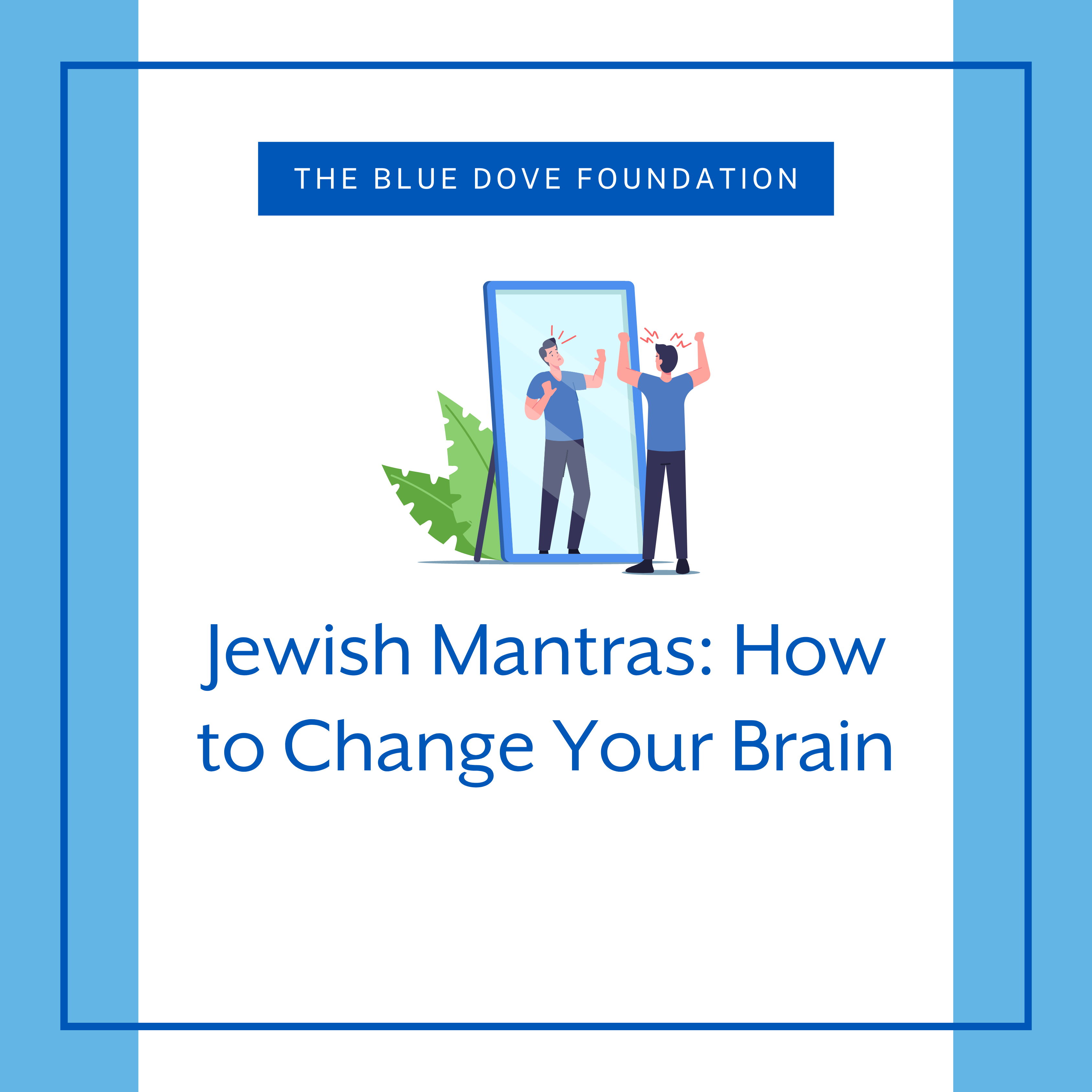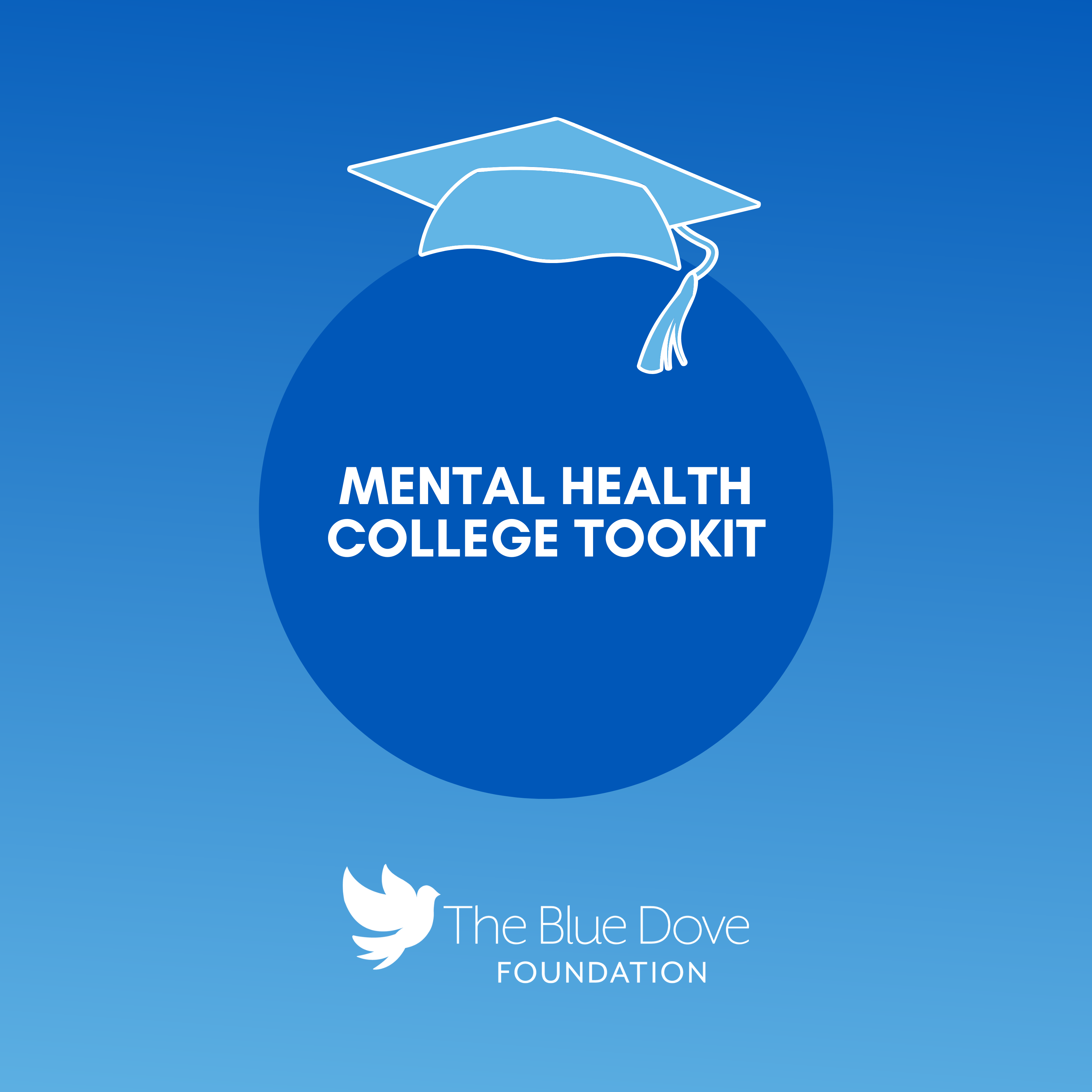How can we change our mood when we’re in a funk? This resource will describe brief exercises to improve your mood now as well as retrain your brain to help you be more positive overall. It is important to verbalize and analyze our emotions. Feelings help us gather information about ourselves— how we are experiencing the world and what we need in order to feel better. But if unwanted thoughts and unsettling feelings start to consume us, how do we focus on joyful concepts instead of those that circulate anxiety and depression? We must retrain our brain to cultivate our own happiness and strength, recognizing we are not defined by our emotions; in fact, we are the boss of them.










